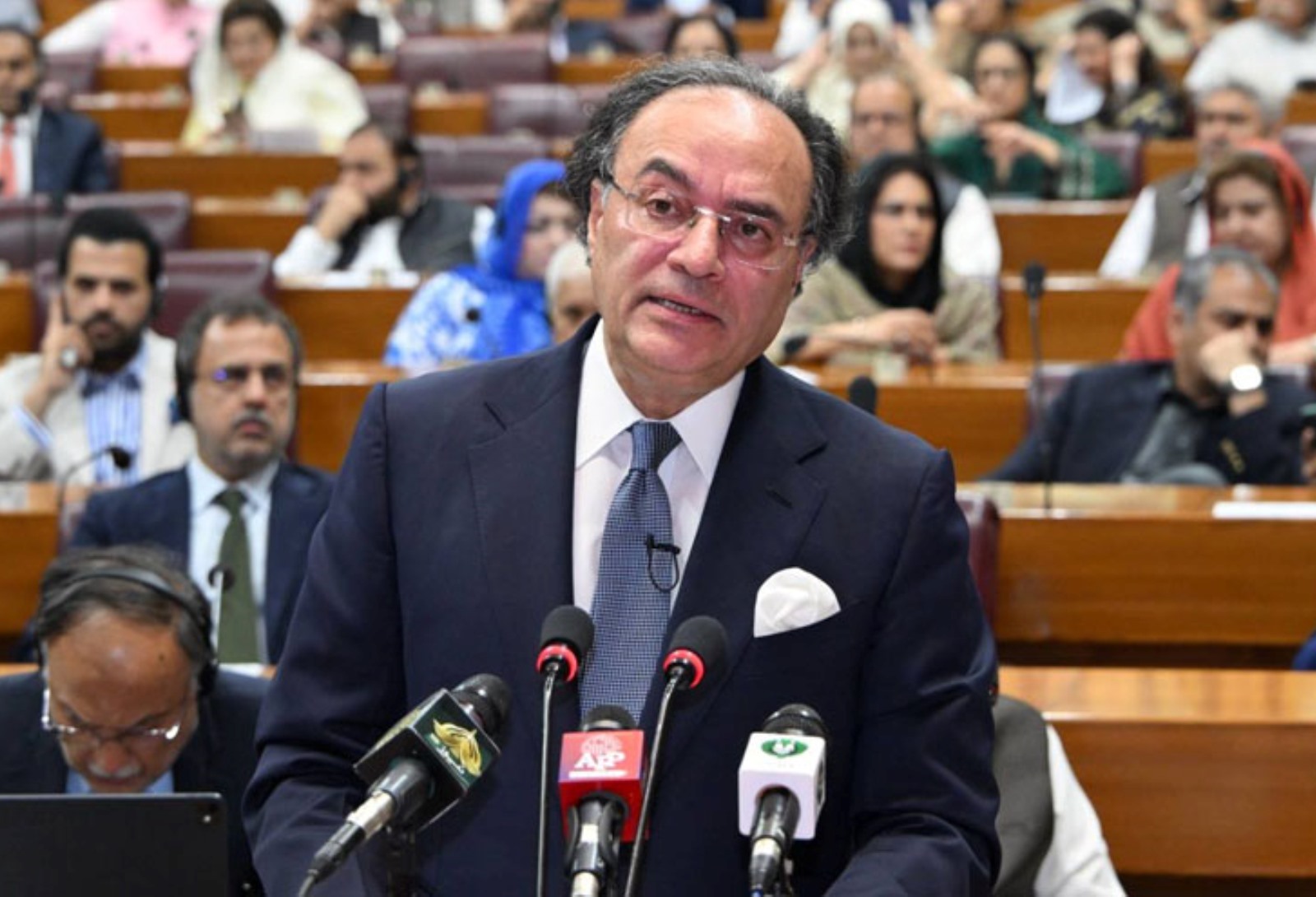Finance Minister Muhammad Aurangzeb has endorsed increasing the retirement age from 60 to 62 years to curb Pakistan’s unsustainable pension burden. During a Senate committee meeting on the 2025-26 Finance Bill, Aurangzeb acknowledged that unfunded pension liabilities are “huge,” necessitating reforms. The proposal follows last year’s rollout of a Defined Contributory Pension scheme for civilians, but military pensions—which retire personnel earlier—remain the primary fiscal strain.
The debate heated up as PPP Senator Farooq Naek argued that experienced bureaucrats should retire later, akin to judges. Senator Anusha Rahman even suggested extending the age to 65 or 70 years, citing global precedents. Aurangzeb, however, cautioned that the change would yield limited savings since defense pensions consume the largest share (Rs510 billion allocated for 2025-26). The govt also plans 10% salary hikes and 7% pension raises, raising questions about affordability.
Senator Faisal Vawda highlighted structural hurdles, criticizing the National Finance Commission (NFC) Award for complicating federal budgeting. He demanded the abolition of property purchase certificates and equal tax incentives for buyers/sellers. On agriculture, Aurangzeb vowed to enforce provincial income tax collection from July 2025, despite resistance. “They said it couldn’t be imposed; now they say it can’t be collected. We will collect it,” he asserted.
With Pakistan’s Rs17.57 trillion budget prioritizing defense and pensions, the govt faces tough choices. While raising the retirement age may offer short-term relief, experts urge comprehensive pension restructuring—especially for the military. As senators clash over taxation and spending, the real question remains: Can Pakistan stabilize its finances without deeper systemic reforms? The clock is ticking.














